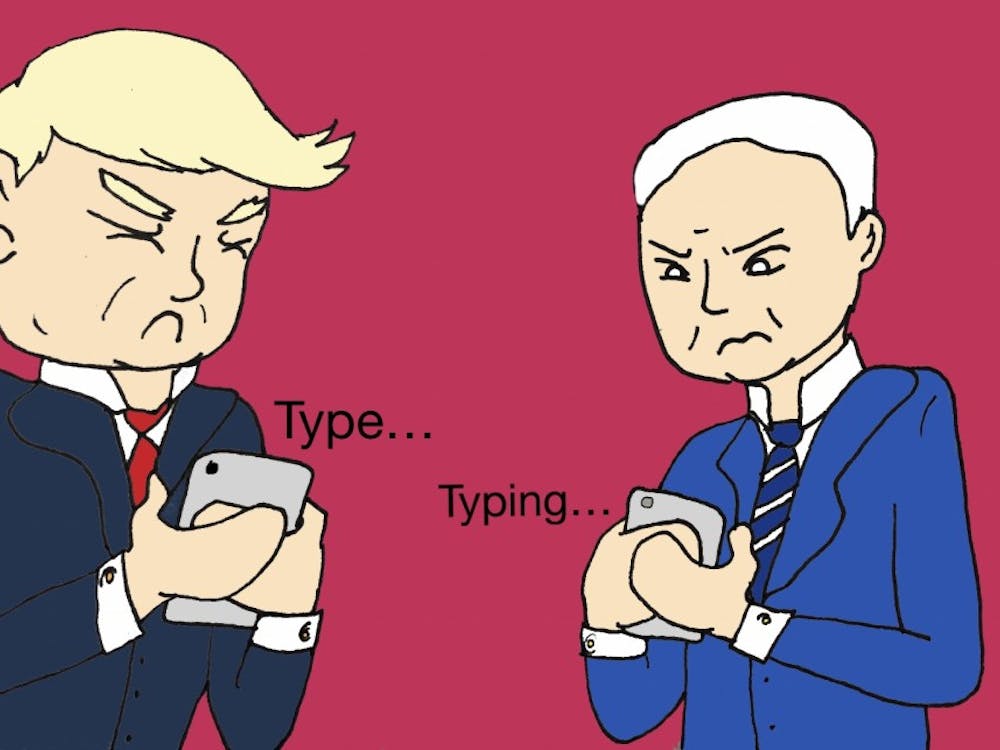Why don’t you look or act ‘Latino’?
Guest ContributorUnder this umbrella, just because we come from the same continent and many may be disadvantaged, does not mean we all vote Democrat. There is an immense socioeconomic diversity in Latin America, and despite popular assumptions, Latinos hold different views and ideologies in politics.








